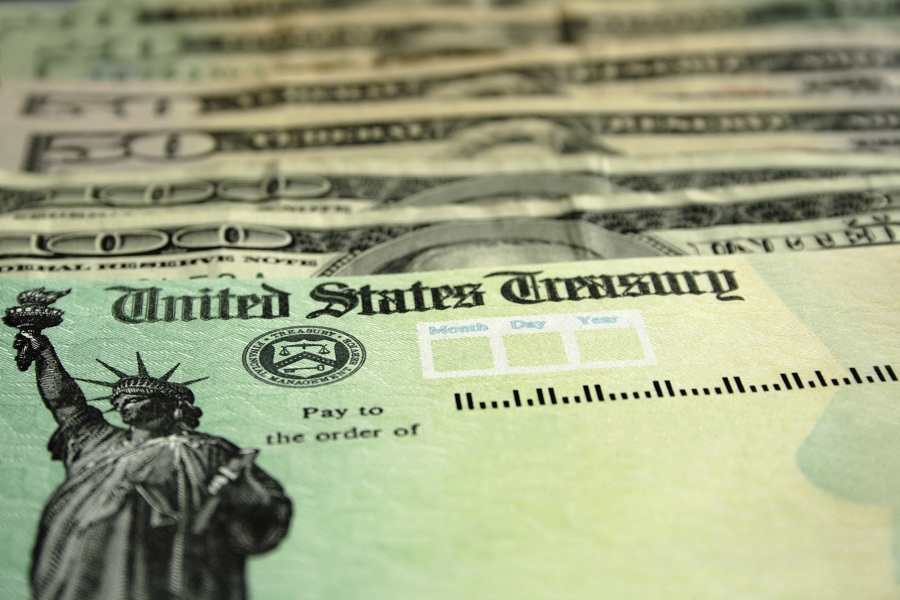Professional financial advisers weigh in on the best ways to use refunds appropriately.
With the end of the tax season fast approaching, some investors could see a hefty tax refund coming their way or have perhaps already pocketed that check.
Ideally, investors would use such a windfall to improve their financial lives — investing the money or using it to pay down student or commercial debt, for example. However, using that cash beneficially, rather than frivolously, might not be so easy, and tapping behavioral finance techniques could help push them to act positively, financial advisers say.
“I think changing peoples' behaviors means scaring the hell out of them or appealing to their greed. One or the other,” said Michael Zmistowski, personal financial planner at Financial Planning Advisors.
For example, investors are generally pretty daunted by the possibility of running out of money in retirement. Mr. Zmistowski put that fear to work in a client's financial plan, laying out how if the investor were to invest his income-tax refund every year until retirement, at age 67, he'd likely be able to make it to age 95 without his exhausting retirement funds, compared to age 82 without that behavior.
“Changing the motivation and behaviors of people is very difficult,” Mr. Zmistowski said. “I'm trying to make them think about it.”
David Edwards, president of Heron Financial Group, advocates for his clients who receive a tax windfall to spend half and save the remaining half. From a psychological standpoint, people want to have fun with proceeds from any sort of windfall — it's the “reward our caveman brain craves,” he said.
“A lot of people think free money, I'm going to blow it on a vacation,” Mr. Edwards said. “Throw half of it toward your financial future and half toward your fun future.”
The individuals who get a tax refund tend to be HENRYs — or, those who are “high-earning but not rich yet,” Mr. Edwards said. They are generally young investors who do their own taxes, are paying back student loans, and haven't yet had an accountant adjust their income-tax deductions to get a fairly neutral tax form.
With the half of the tax money kept and not spent, Mr. Edwards recommends investing or paying down any commercial or student debt with high interest rates attached.
“The point is to get in the habit of saving little chunks of money, whenever and wherever you can,” Mr. Edwards said.
Many advisers such as Gerry Klingman, president of Klingman & Associates, believe solid tax planning ultimately means not getting a large refund, but rather netting zero or even owing a little bit of money to the government.
That's because the money paid back to the taxpayer could be considered an interest-free loan made to the U.S. government that taxpayers could have invested over the course of the year.
“[Investors] are happy when they get a refund, but the reality is a large refund means poor tax planning,” Mr. Klingman said.
However, Mr. Zmistowski doesn't necessarily think receiving a refund bodes ill. Everybody thinks about and handles money differently, he said, and a tax refund may represent the only way for some people to actually put away a bit of money.
“I understand for some people overpaying their income tax is the only way they can really save,” according to Mr. Zmistowski.
Young millennial families who find it difficult to pay for a life insurance policy, for example, could consider overpaying in annual taxes on purpose, and tag the anticipated tax refund as a funding measure for a term-insurance policy, he said.
And for those whose financial plan is on track, spending that lump sum wouldn't be the terrible circumstance some advisers paint it to be, he said.
“Having a little bit of gratification every once in a while ain't such a bad thing,” Mr. Zmistowski said.







